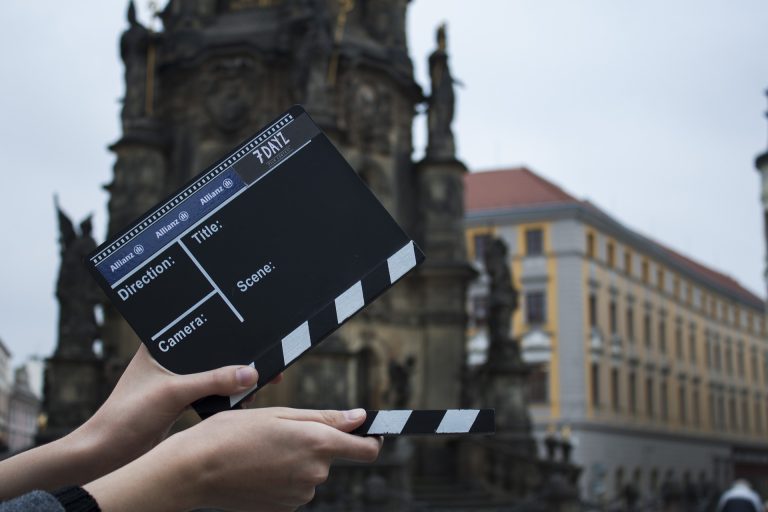Hollywood crew members are opening up about how they are being pushed to their limits at work. Some have reported working continuously for 18 hours a day without proper breaks, and the industry is under scrutiny for its lack of empathy towards employees.
It all began with 27-year-old set lighting technician Ben Gottlieb, who wanted to show support for a campaign launched by his union to create better working environments on film sets. He published a post on Instagram, calling for an end to the unhealthy 12 to 14-hour shifts.
For much of last year, Gottlieb worked long hours without proper breaks. He was extremely tired on some nights while driving home, to the point where he felt inebriated. He even considered quitting his job just two years after he joined his union, International Alliance of Theatrical Stage Employees (IATSE) Local 52.
Gottlieb’s Instagram post garnered widespread interest, collecting over 21,000 likes. People flooded him with messages about their own experiences on Hollywood sets. He was inspired to create a separate page devoted to these experiences: IATSE Stories. In just a couple of weeks, the page had published over 600 posts and received more than 32,000 followers.
Among the many posts on the Instagram IATSE Stories page, a frequent complaint is about the hazard of driving back home after a long, grueling day on set. One crew member shared his experience of falling asleep at the wheel after a 14-hour, all-night shift. Another worker wrote about an incident where the department head passed away from a heart attack, and the crew members were instructed to continue working.
Success
You are now signed up for our newsletter
Success
Check your email to complete sign up
Another person questioned the discrepancy in turnaround times between actors and other members of the crew, saying, “We have to discuss why the talent often get 12-hour turnarounds portal to portal and the crew doesn’t? Are the actors more important than the crew or are we all not human?”
Long work shifts are seen as normal in the movie industry. The associated work pressures were justified by the off periods, in which crew members would not have any projects to work on. However, streaming platforms like Amazon, Disney Plus, and Netflix have changed the landscape of the industry. There is a seemingly endless demand for movies, shows, documentaries, and other media from platforms.
“Because of COVID-19, people are starting to recognize working yourself to the bone isn’t a viable way to live… Our crews realize the studios are pushing the limits in terms of health and safety by working excessive hours,” Steve Dayan, secretary-treasurer of Teamsters Local 399, said to Los Angeles Times.
Teamsters Local 399 represents casting directors, transportation coordinators, animal handlers, location managers, and drivers. Dayan pointed out that drivers transporting cast members to and from sets were working 16-hour shifts.
The discussion on working conditions at film sets comes on the heels of tense contract negotiations between the Alliance of Motion Picture and Television Producers (AMPTP) and IATSE, which represents film and television crews. During the negotiations, IATSE has been pushing the producers union for longer rest periods for its members, better pay, and a revision of Coronavirus Disease 2019 (COVID-19) safety protocols.














